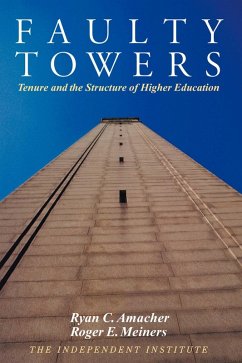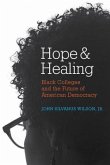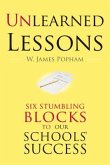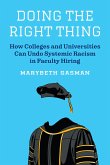In Faulty Towers: Tenure and the Structure of Higher Education, Ryan C. Amacher and Roger E. Meiners examine the internal and external reforms necessary to bring competitive forces to American universities and thereby improve them. As debate accelerates over the declining standards in higher education, academic tenure is viewed with suspicion by many, who see it merely as job protection for incompetent teachers. Even many professors believe tenure is a guarantee of lifelong entitlement, whereby only the commission of a crime can lead to dismissal. Faulty Towers sets the record straight by elucidating the history, legal status, and common misunderstandings regarding tenure. Tenured professors who have become incompetent are rarely dismissed, and superior teaching is rarely rewarded, although there is little to prevent universities from doing so. Tough administrators are also hard to find—in part because university trustees seldom hold them accountable. Faulty Towers explains how restructuring university incentives to be more in line with those of market-based enterprises would produce greater accountability, stronger boards of trustees, more effective administrators, and a tenure system that protects academic freedom but not substandard education.
Bitte wählen Sie Ihr Anliegen aus.
Rechnungen
Retourenschein anfordern
Bestellstatus
Storno








